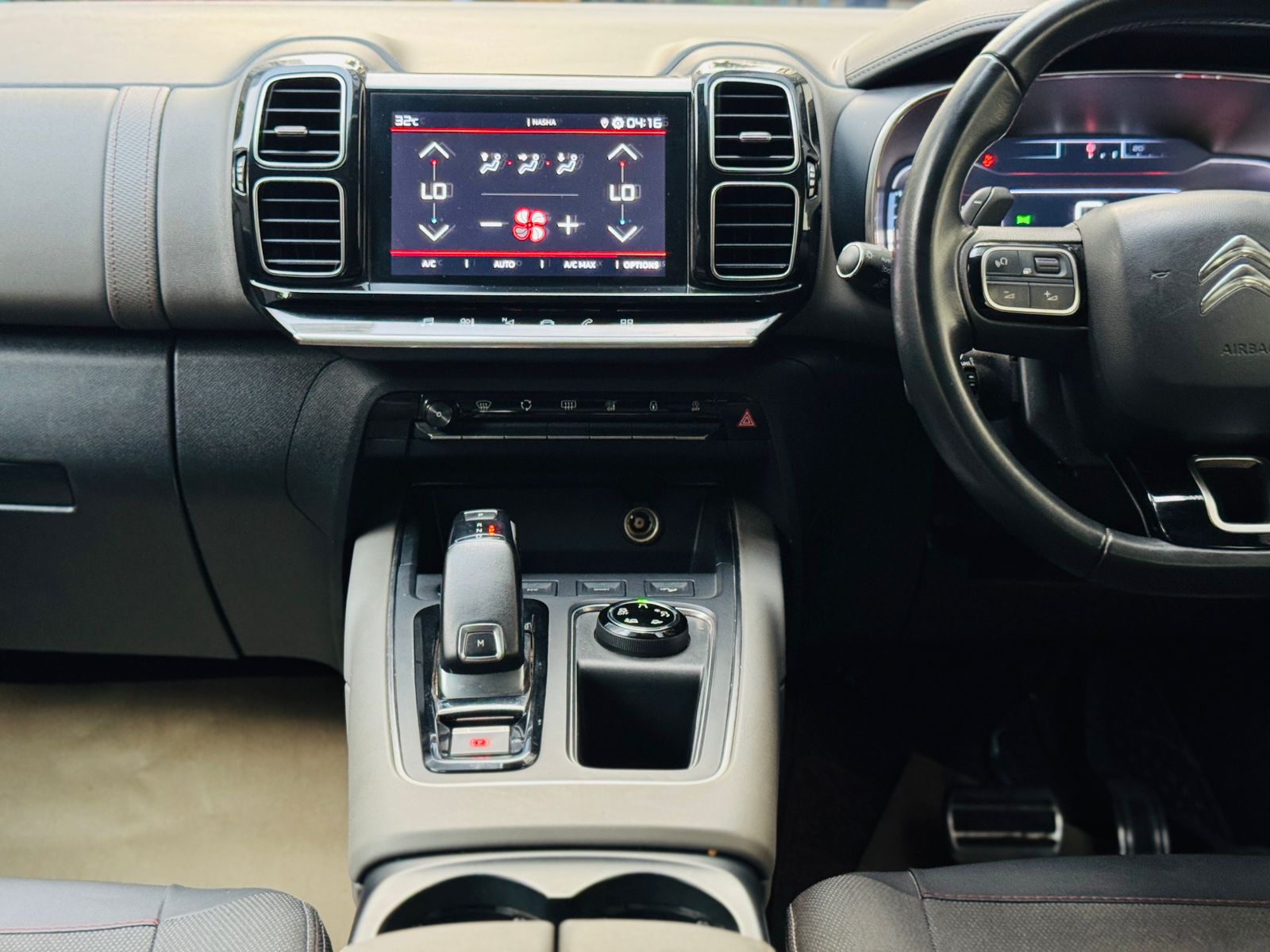Best Used Cars
Best Used Cars in Kolkata
Buying a Used Car in Kolkata
flywheel cars in india
flywheel cars in kolkata
FLYWHEEL INDIA
flywheel kolkata
kolkata used dealer
preowned car
preowned cars
preowned cars for sale
preowned cars in india
preowned cars in kolkata
preowned suv cars in india
preowned suv price in india
second hand audi price
second hand bmw cars
second hand bmw price in india
second hand bmw price in kolkata
second hand car
second hand car in india
second hand car in kolkata
second hand cars in india
second hand dealership in kolkata
second hand mercedes car
second hand sedan car price in india
second hand suv
used car buys
used car in india
used car in kolkata
Used Car Purchase
used car suv
used cars
used cars audi price in india
used cars bmw price in india
used cars buy
used cars for sale
used cars in india
used cars in kolkata
used cars india
used cars kolkata
used cars sale
used cars sedan

7 Expert Tips to Help Your Car Battery Last Longer
A car battery is vital for the smooth operation of any vehicle, providing the necessary power to start the engine and run various electrical components. While the average lifespan of a car battery is around three to five years, many factors can affect its longevity. By following these expert tips, you can help ensure that your car battery lasts longer, saving you money and avoiding unexpected breakdowns.



Here is Top 7 Tips to Extend Your Car Battery Life
1. Regularly Inspect and Clean the Battery Terminals
Corrosion can accumulate around the battery terminals over time, which can impede the flow of electricity and diminish the battery’s efficiency. Regularly inspecting your battery terminals for signs of corrosion—typically a white, powdery substance—is essential. If you spot any corrosion, you can clean it off using a solution of baking soda and water.
To clean the terminals:
- First, ensure the car is off and the keys are removed from the ignition.
- Disconnect the negative terminal (black) first, followed by the positive terminal (red).
- Apply the baking soda solution to the terminals and scrub gently with a wire brush.
- Rinse with water and dry thoroughly before reattaching the terminals, starting with the positive one.
This simple maintenance task can significantly improve your battery’s performance.
2. Limit Short Trips
Frequent short trips can take a toll on your battery. When you start your vehicle, the alternator needs time to recharge the battery fully. However, if you’re only driving short distances—like to the grocery store or to work—your battery may not have enough time to recharge, leading to a gradual loss of capacity over time. To mitigate this, try to combine errands into one longer trip or take occasional longer drives to ensure that your battery receives adequate charging.
3. Keep the Battery Secure
A loose battery can vibrate while driving, causing internal damage to the battery plates and reducing its lifespan. Ensure that your battery is securely fastened in its tray and that there are no loose connections. If your battery is showing signs of excessive vibration or movement, consider replacing the battery hold-down clamps or securing it with additional straps.
4. Monitor the Electrical Load
Modern vehicles come equipped with numerous electronic components, which can drain the battery even when the engine is off. Common culprits include lights, radios, and charging devices. To minimize battery drain, always turn off all electrical devices when leaving the vehicle. Additionally, if you plan to leave your car parked for an extended period, consider using a battery maintainer or trickle charger. These devices help maintain the battery’s charge without overcharging it, ensuring it remains ready for use.
5. Test Your Battery Regularly
Regular testing of your battery can help identify any potential issues before they become significant problems. Many auto parts stores offer free battery testing services. Alternatively, you can use a multimeter to check the voltage of your battery. A fully charged battery should read approximately 12.6 volts or higher when the engine is off. If the voltage is consistently below this level, it may indicate that your battery is aging or failing.
6. Drive Your Car Regularly
Just as infrequent use can harm your battery, regular driving helps keep it healthy. Aim to drive your car at least once a week for 20-30 minutes. This regular usage allows the alternator to charge the battery adequately, maintaining its health and capacity. If you own a vehicle that you don’t use often, consider starting it and letting it run for a while every few days to keep the battery charged.
7. Keep the Battery Cool
Heat is one of the main enemies of a car battery. High temperatures can lead to accelerated evaporation of the battery’s electrolyte, causing it to dry out and fail prematurely. To help mitigate this issue:
- Park in shaded areas whenever possible, especially during hot weather.
- If you live in a particularly hot climate, consider investing in a battery insulation wrap or blanket designed to regulate temperature.
Keeping your battery cool can greatly extend its life, ensuring reliable performance even during extreme temperatures.
Conclusion
Maintain your car battery with simple steps: clean terminals, avoid short trips, secure the battery, monitor electrical loads, test regularly, drive consistently, and keep it cool. These practices can prevent breakdowns, save money, and keep your vehicle reliable for longer.



Where to Buy the Best Used Cars in Kolkata
In 2024, Kolkata’s leading dealerships, including Flywheel Cars, focus on high-quality used cars. They provide a wide range of thoroughly inspected, certified vehicles, delivering great value for buyers.
FAQs:
- How often should I inspect my car battery?
Aim to check your car battery every few months for signs of corrosion or wear to ensure it’s in good condition. - Does driving short trips affect my battery life?
Yes, frequent short trips can prevent the battery from fully charging, reducing its lifespan. - How can I clean battery terminals?
You can clean terminals using a mixture of baking soda and water with a brush to remove any corrosion. - Why is it important to secure the battery?
A secured battery prevents vibrations that can damage internal components and shorten battery life. - How often should I test my car battery’s health?
Testing it at least twice a year can help detect issues early and prevent unexpected breakdowns.
More Interesting To Read Blogs:
Top 5 Used Cars That Are Safe for New Parents
Top 10 Features of Connected Cars You Should Know
Ranked as the top used car dealer in Kolkata, Flywheel specializes in offering a wide range of premium vehicles to our clients. Our unwavering commitment to customer satisfaction and uncompromising dedication to quality set us apart in the industry.


